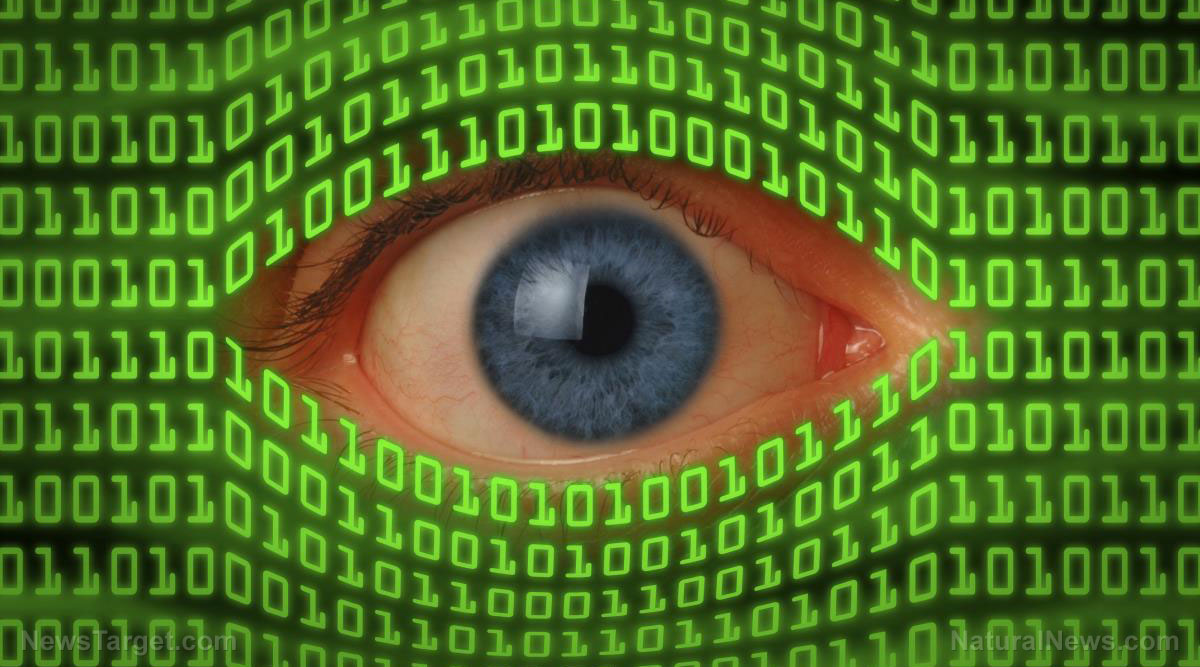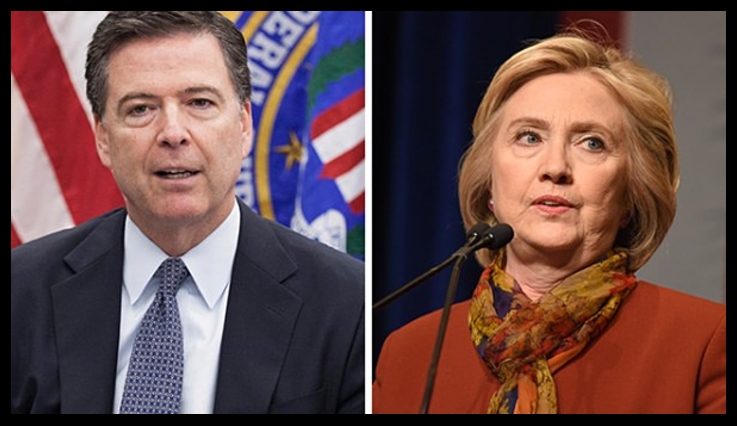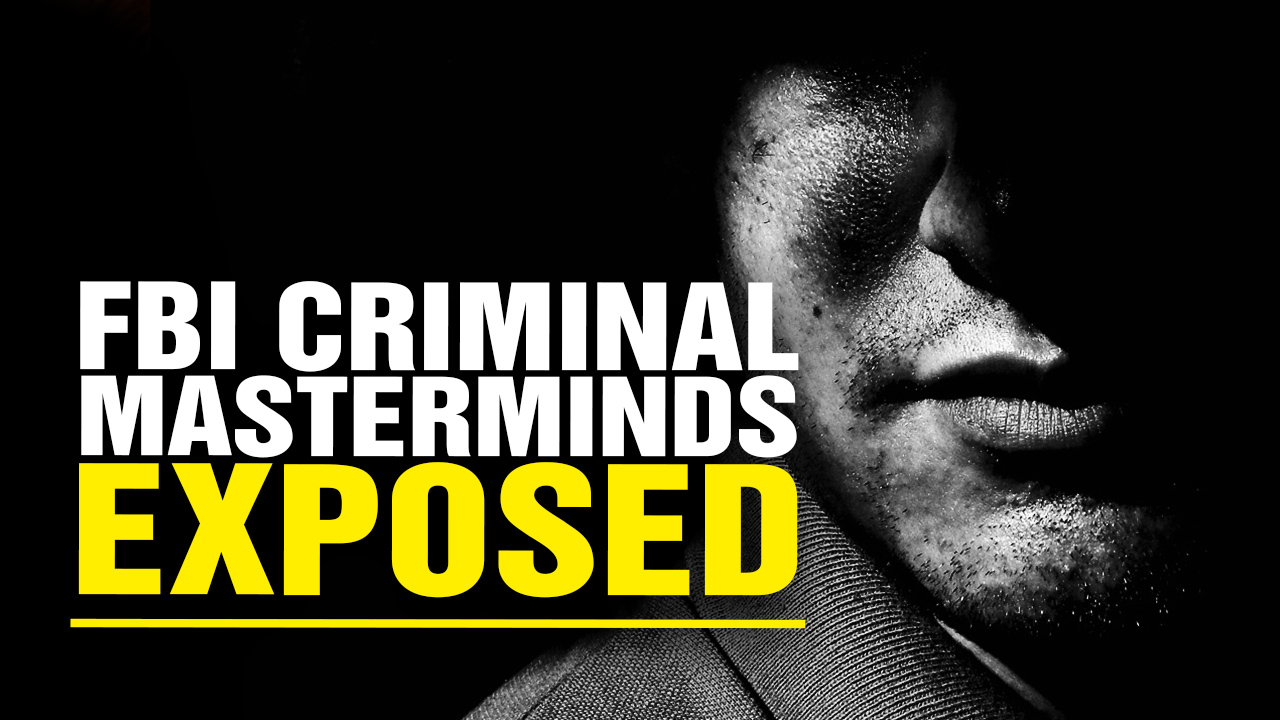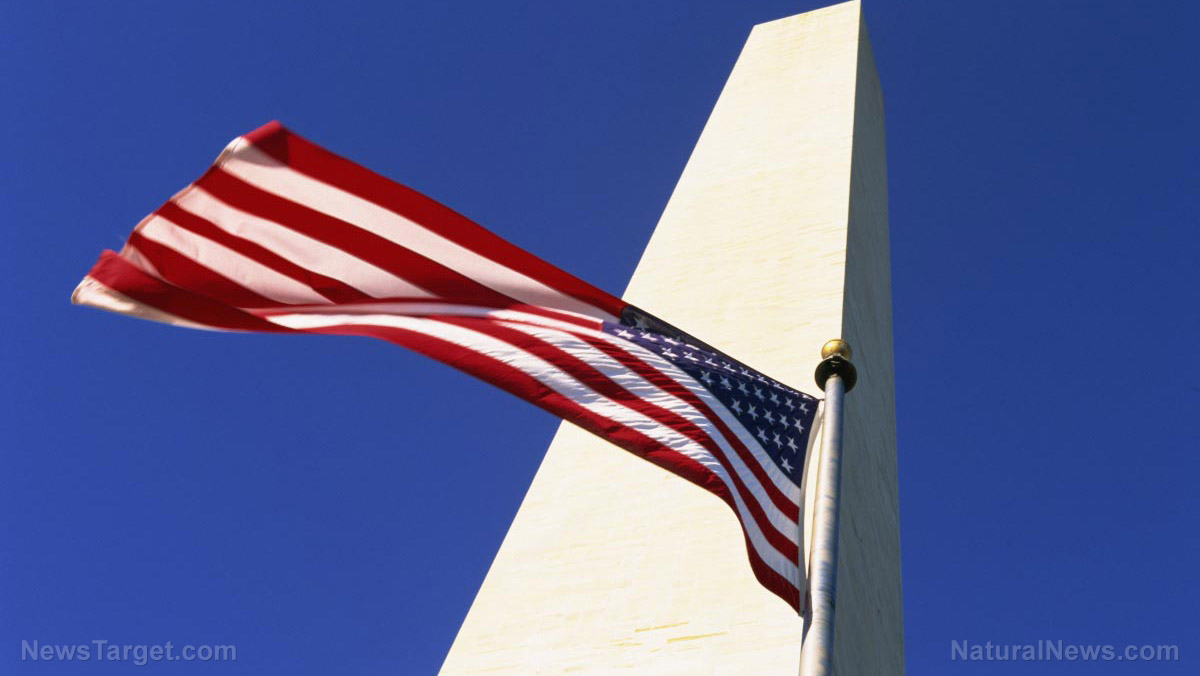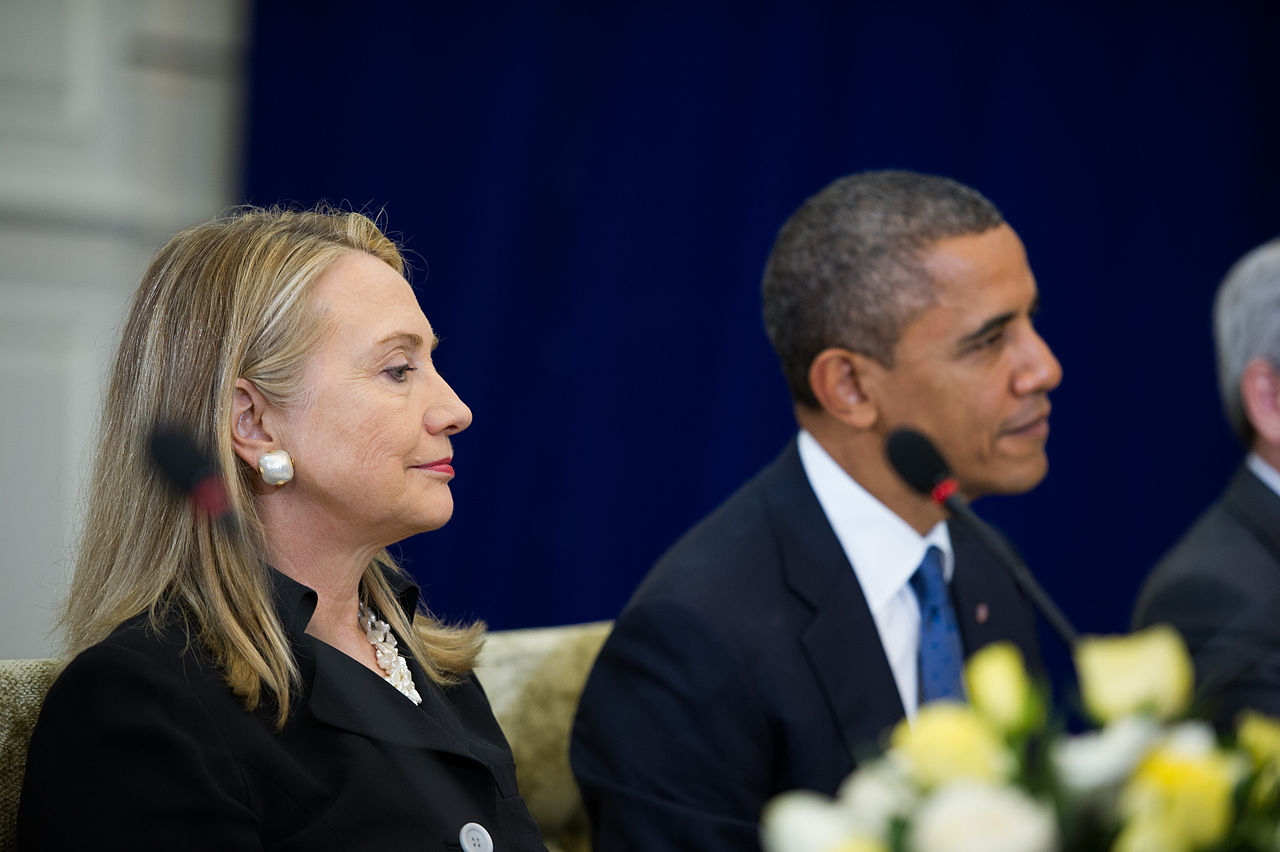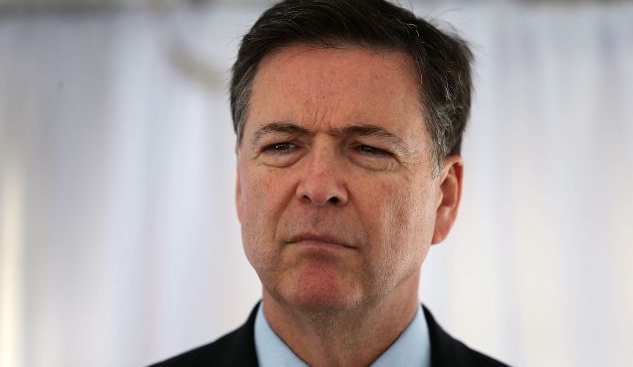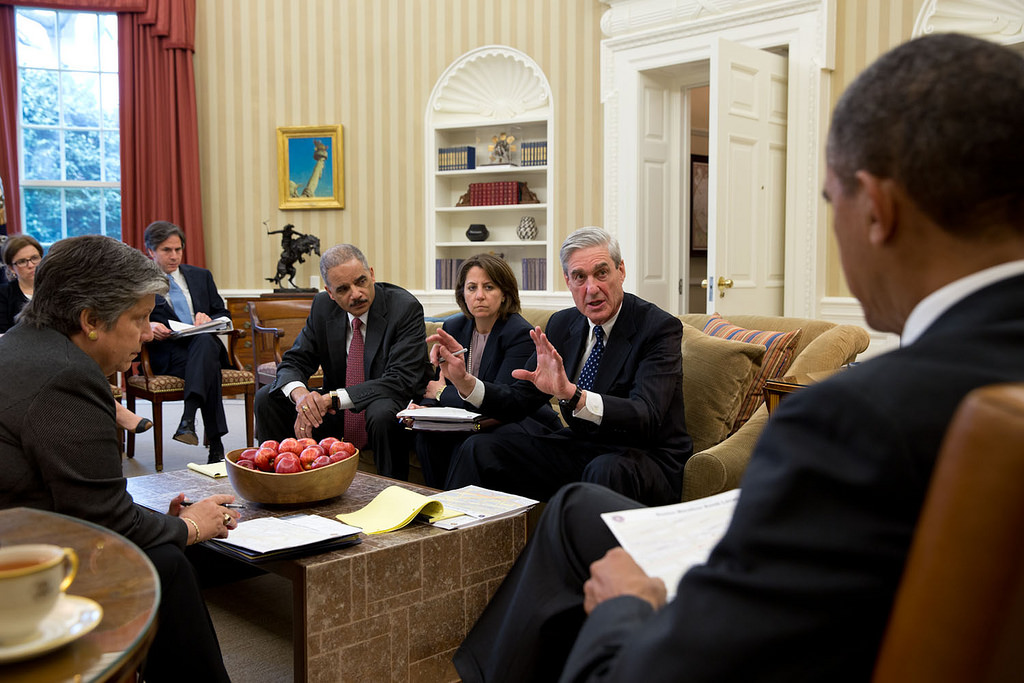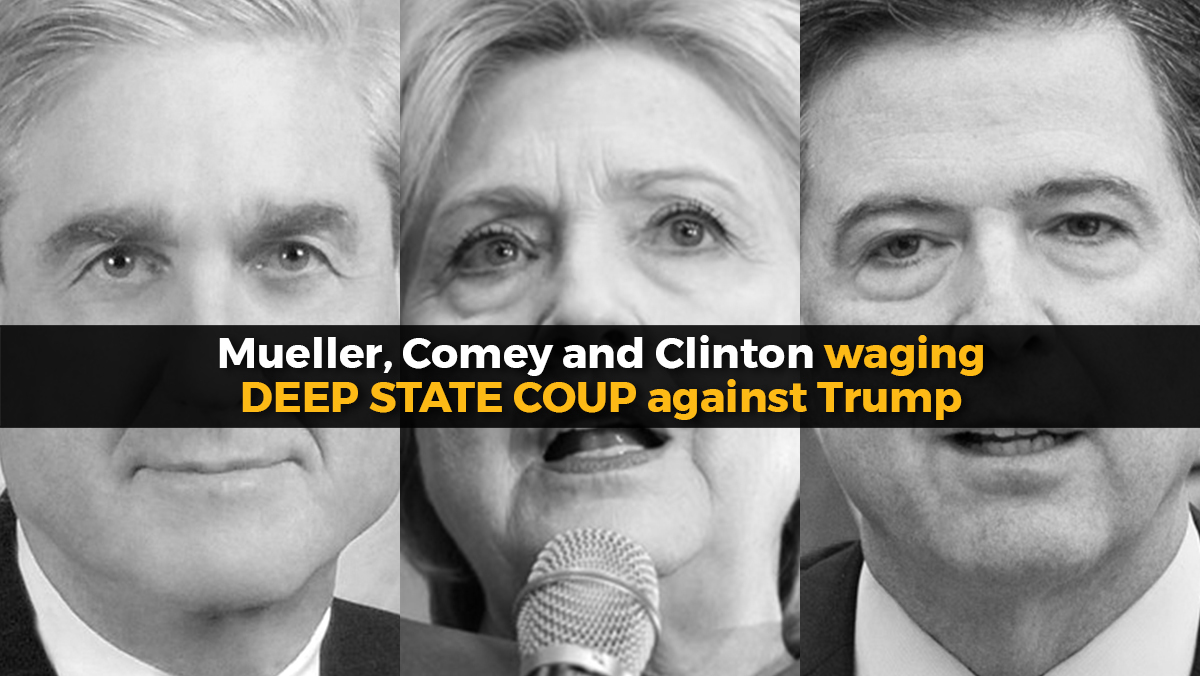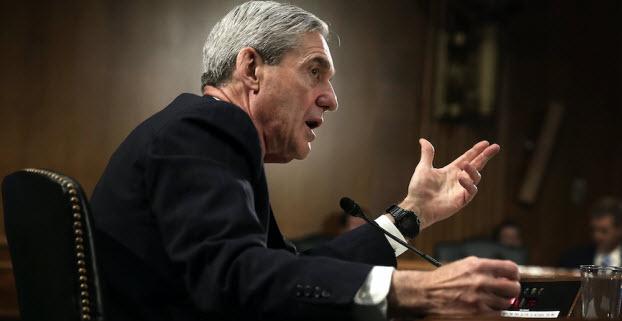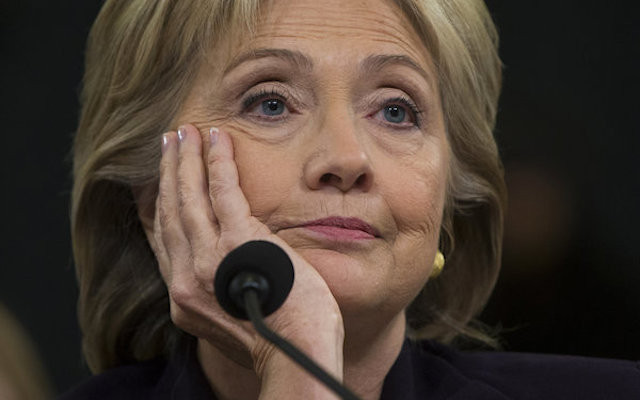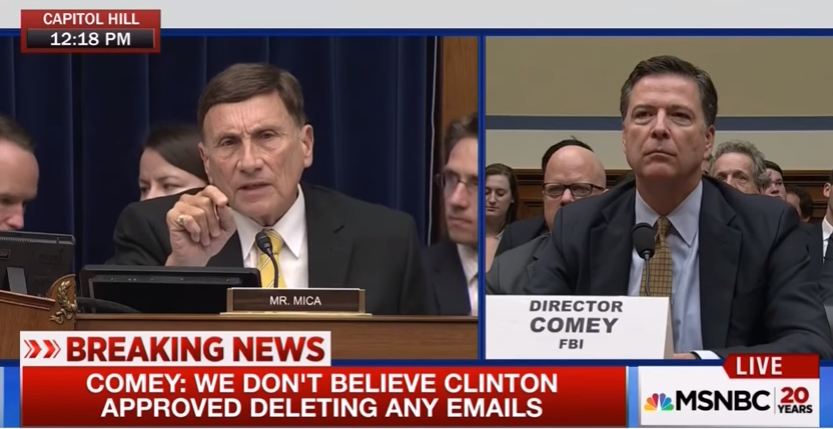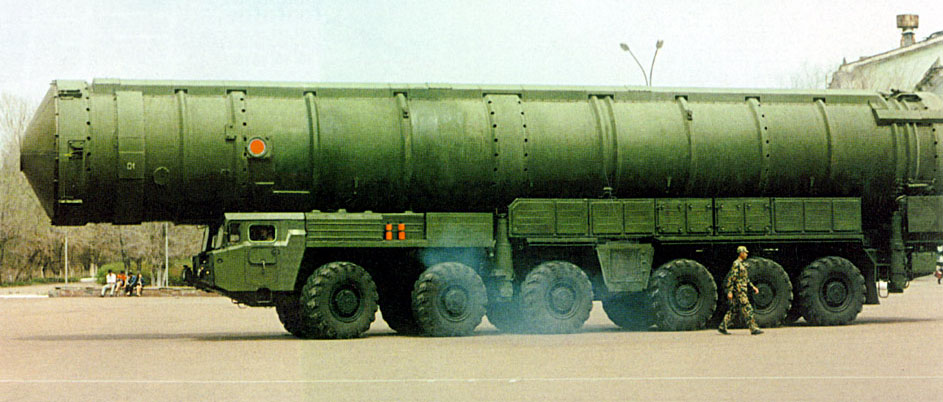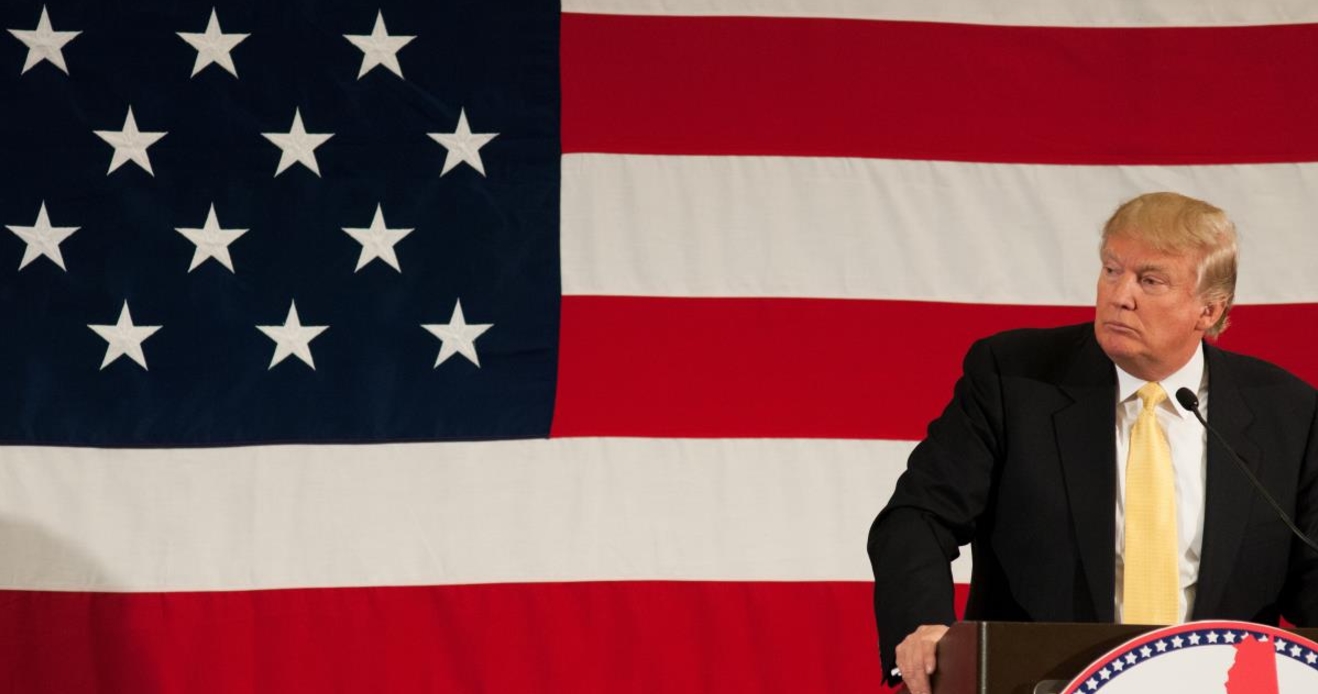Report probes Saudi links of San Diego’s 9/11 hijackers
09/14/2016 / By Demo Super Admin

Fifteen years have passed since that fateful day in 2001 when the United States found itself under attack on its own soil. Hundreds of pages of reports have detailed how the intelligence community failed to catch theAl Qaeda hijackers before it was too late.
Article by Kate Morrisey
But questions remain for some about who shares blame for allowing 19 hijackers to commandeer four planes, killing 2,977 people at the Pentagon, the World Trade Center and a field in Pennsylvania.
In December 2002, a congressional joint inquiry report — the first investigation into 9/11 — was declassified and released with the exception of a mysterious set of 28 pages that remained secret.
Those pages were withheld for years by intelligence officials, citing national security and concerns that the contents were fragmented and unvetted. They were finally declassified this past summer under pressure from 9/11 victim families and members of Congress.
The much-anticipated “28 pages” explore Saudi Arabia’s potential involvement with hijackers Khalid al-Mihdhar and Nawaf al-Hazmi while they were in San Diego. Al-Mihdhar and al-Hazmi were two of five men who took over American Flight 77 and crashed it into the Pentagon, killing 64 on board and 125 in the building.
The 9/11 Commission report, published in 2004, concluded that “Saudi Arabia has long been considered the primary source of al Qaeda funding, but we have found no evidence that the Saudi government as an institution or senior Saudi officials individually funded the organization.”
Many thought more questions would be answered with the eventual release of the 28 pages.
Bob Graham, co-chair of the joint inquiry and former Senator from Florida, pushed for years for their declassification. He promised reporters at the time “a real smoking gun” that would implicate Saudi Arabia in giving aid to the 9/11 hijackers.
Opinions following the release of the reports were mixed. Graham said in a statement to the National Press Club following the release that the 28 pages contained leads that still needed to be investigated and that other reports still needed to be declassified and released.
The 28 pages detail how Mihdhar and Hazmi, both born in Saudi Arabia, received help from Omar al-Bayoumi, a Saudi national living in San Diego, shortly after they arrived in California.
Mihdhar and Hazmi arrived in Los Angeles by plane on January 15, 2000, after a terrorist meeting in Malaysia. They spent two weeks in Los Angeles before meeting Bayoumi and moving to San Diego.
The 28 pages do not give much detail on the beginning of their relationship, but according to the 9/11 Commission report, they met Bayoumi at a halal restaurant on Venice Boulevard in Culver City when Bayoumi was in Los Angeles to visit the Saudi consulate.
After striking up a conversation, Bayoumi offered to help the two men settle in San Diego.
“We do not know whether the lunch encounter occurred by chance or design,” the 9/11 commission report concluded.
With Bayoumi’s aid, Mihdhar and Hazmi leased an apartment in February 2000 in the same complex where he lived, Parkwood Apartments in Clairemont, according to news reports. Bayoumi even paid the first month’s rent because the two soon-to-be hijackers had not yet established bank accounts. They promptly reimbursed him.
He threw a party to welcome them to the San Diego community, according to the 28 pages.
Bayoumi worked for a private contractor to the Saudi government called Ercan. He received a monthly stipend from the company while he was in the U.S., which increased after the hijackers arrived in San Diego, according to the 28 pages.
However, later 9/11 reports found no evidence that this money was used to support the hijackers.
The 28 pages also say that Bayoumi was frequently in contact with people like the Emir at the Saudi Ministry of Defense and Saudi officials at the embassy in Washington, D.C.
The FBI had investigated Bayoumi in 1998 but closed its investigation in 1999, according to the 28 pages.
According to a report on the FBI’s handling of intelligence information prior to 9/11 released by the Department of Justice’s Office of the Inspector General in 2004, the FBI’s San Diego field office investigated Bayoumi because his apartment manager said he had received a “suspicious package” from the Middle East, and a maintenance worker had noticed strange wires in Bayoumi’s bathroom.
The 28 pages also mention that Bayoumi received $400,000 to start a new mosque in San Diego. According to U-T archives, Bayoumi was the building maintenace manager for Kurdish mosque in El Cajon that was created through a gift from a Saudi citizen, not the Saudi government.
The community told the U-T at the time that it was common for wealthy Saudis to offer such help to other Muslims because of the emphasis on charity in the religion, so the donation was not considered suspicious.
Bayoumi moved to the U.K. before 9/11. He was detained there and interviewed.
Bill Gore, who was the special agent-in-charge for the San Diego FBI field office at the time, said he sent agents to the U.K. to talk with Bayoumi, and he concluded that Bayoumi did not know the true intentions of the hijackers for being in the country.
“To think that he was part of a conspiracy is a stretch,” said Gore, now San Diego County sheriff.
According to Gore, some in San Diego’s Muslim community believed that Bayoumi was a spy for the Saudi government, here to monitor Saudis living in the U.S. He said the hijackers didn’t trust Bayoumi, which was why they moved to a new place in May 2000.
The 28 pages also say that Mihdhar and Hazmi might have been in contact with Osama Bassnan, another San Diego-based Saudi. Bassnan had previously been employed by the Saudi Arabian Education mission, and he and his wife received money from the Saudi Ambassador to the U.S. and his wife.
The 9/11 commission report only mentions Bassnan in a footnote.
He was a “close associate” of Bayoumi’s, according to the 28 pages. He lived in a nearby apartment complex in Clairemont. He had also, the pages said, once hosted a party in Washington, D.C., for the “Blind Sheikh,” associated with an Egyptian terrorist organization.
“While the documentary evidence that al-Bayoumi provided assistance to al-Hazmi and al-Mihdhar is solid, the files contain only limited evidence that Osama Bassnan had contacts with the two individuals,” the 28 pages say.
The 28 pages mention possible connections between the hijackers and Saudi officials in Culver City and Herndon, Virginia, but do not go into detail beyond the fact that they may have met.
The pages also note that the FBI found phone numbers that could be linked “at least indirectly” to numbers in the U.S. in the possession of another Al Qaeda operative captured in Pakistan. One of those numbers could have been associated with Saudi Ambassador Prince Bandar.
Secret intelligence work
Former FBI agent Mark Rossini was detailed to work at the CIA unit code-named Alec Station, which focused on Osama Bin Laden in the years before he plotted the 9/11 attacks. His questions about Saudi Arabia’s involvement go in a different direction.
Instead of believing that Saudi Arabia knowingly funded the 9/11 attacks, Rossini believes that Saudi Arabia intelligence officials were cooperating with the U.S. in a secret operation on U.S. soil.
His concerns center on a Jan. 5, 2000, memo that was written by another FBI agent in the Bin Laden unit,Doug Miller. The memo was intended to inform the FBI that Mihdhar had a valid nonimmigrant visa to the U.S.
The CIA blocked the sending of that memo, an action that was detailed in the 2004 report from the Office of the Inspector General. Per regulations at the time, FBI personnel detailed to the CIA could not pass on information that they learned there without the CIA’s permission.
“At the time, I figured they had a good, operational reason. I didn’t think anything nefarious was afoot,” Rossini said. “Now I’ve put the pieces together.”
The 28 pages give no explicit indication of this operation, but they do mention that many in the San Diego community believed that Bayoumi was a Saudi intelligence officer. Rossini also believes this claim, and that Bayoumi was involved with the CIA operation.
The various 9/11 reports that have come out over the years have had one overwhelming conclusion: had the CIA communicated what it knew to the FBI in a timely fashion, the terrorists might have been stopped.
While in San Diego, Hazmi was listed in the phone book under his real name. Both hijackers rented rooms from a long-time FBI informant in Lemon Grove, without his knowing their true intentions for being in the country.
“It’s hard to find someone you’re not looking for,” Gore said in a recent interview. “Had we been told, they wouldn’t have been hard to find. Maybe we could’ve pieced it all together in time.”
Saudi liability
As the 28 pages were being reviewed for declassification, Congress began debating a bill that would remove sovereign immunity from countries who were found to have aided terrorist organizations, so that individual U.S. citizens could sue for damages if they or family members were harmed by a terrorist attack on U.S. soil.
Many have assumed that this bill’s specific intention is for the families of 9/11 victims to sue Saudi Arabia.
The bill received bipartisan support in both the Senate and House.
The Senate version was introduced by a Republican and co-sponsored by 11 Democrats, 12 Republicans, and independent Bernie Sanders. Dianne Feinstein was the sole Californian to cosponsor the bill.
In the House, a Republican also introduced the bill, and 30 Democrats and 31 Republicans cosponsored.
The Justice Against Sponsors of Terrorism Act passed with a voice vote in the Senate in May and in the House this week.
“We can no longer allow those who injure and kill Americans to hide behind legal loopholes, denying justice to the victims of terrorism,” said Bob Goodlatte, a Republican from Virginia and chairman of the House Judiciary Committee
The White House has said that President Barack Obama will veto the bill because of concerns that other countries could pass similar laws in retaliation and sue the United States. The administration has not wanted diplomatic matters diverted to courts.
“Such a grave matter as identifying states that are mortal threats to U.S. interests should not be left to private lawsuits,” Paul Stephan, a former staffer at the State Department, told the House in July.
He had previously told reporters that if Saudi Arabia had funded terrorism, it should be subject to redress in court.
Read more at: sandiegouniontribune.com
Tagged Under: 9/11 Hijackers, radical Islam, San Diego, Saudi Arabia, September 11, terrorism
RECENT NEWS & ARTICLES
COPYRIGHT © 2017 TREASON NEWS

